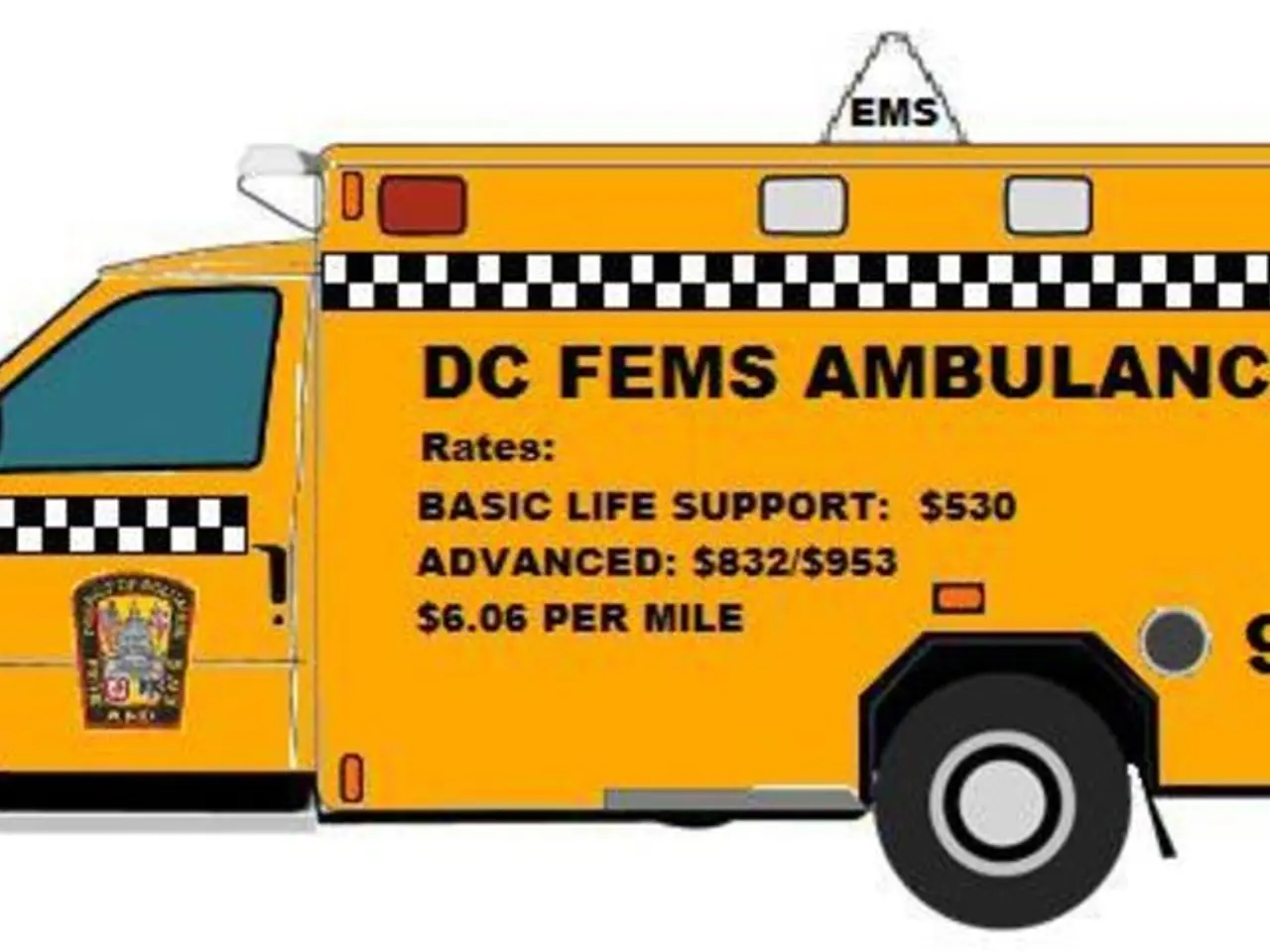Compulsory Resuscitation Training Now Implemented in NRW - Nurturing Future Lifeguards of Tomorrow
North Rhine-Westphalia to Introduce Compulsory Resuscitation Training in Secondary Schools
Starting from the 2026/27 school year, North Rhine-Westphalia plans to implement compulsory resuscitation training in secondary schools as part of their curriculum. This initiative aims to equip students with essential life-saving skills from an early age.
The emphasis of the training is on equipping students to respond quickly, safely, and bravely in an emergency. Minister of Education Dorothee Feller expresses her desire for resuscitation to become as commonplace as riding a bike. She compares resuscitation skills to learning how to ride a bike, implying that they should become second nature. Minister President Hendrik Wüst stresses the importance of young people learning resuscitation skills early to act correctly in medical emergencies.
The training will focus on teaching students the "Check - Call - Compress" scheme, a simple but effective method for performing resuscitation. Students in grades 7 to 9 will learn this life-saving technique.
To support the implementation, partners such as the German Heart Foundation, ADAC, the Björn Steiger Foundation, and medical chambers will provide videos, teaching manuals, and lesson units for resuscitation training. Teachers in North Rhine-Westphalia will undergo comprehensive training in resuscitation techniques, both online and in person, starting from 2025.
The cooperation agreement includes numerous medical partners, foundations, and organizations. Approximately 2,100 schools in North Rhine-Westphalia will be equipped with resuscitation dummies. The goal is to firmly establish the topic of resuscitation in school life and to permanently increase the rate of layperson resuscitation.
This initiative aligns with broader efforts in emergency preparedness seen elsewhere, such as app-based alerting systems for CPR and innovative emergency response training platforms, which support practical and timely resuscitation skills learning. However, specific details like the exact curriculum structure, duration, or assessment methods have not been provided. For comprehensive details, checking official education ministry sources or local government announcements in North Rhine-Westphalia closer to or during the 2025/26 school year would be advisable.
The training's ultimate goal is to train a generation in North Rhine-Westphalia that acts quickly, safely, and bravely in an emergency, potentially saving lives. By equipping students with these essential skills, the region hopes to create a more resilient and responsible community.
- This resuscitation training initiative in North Rhine-Westphalia schools not only contributes to emergency preparedness but also fits into a broader curriculum emphasizing health-and-wellness, as students learn the importance of fitness-and-exercise and education-and-self-development, encompassing all-around personal growth.
- Expanding from resuscitation training, students in North Rhine-Westphalia may find themselves equipped with vital life skills beyond academics, fostering a curiosity and understanding for science, further encouraging their health-and-wellness and overall development.




